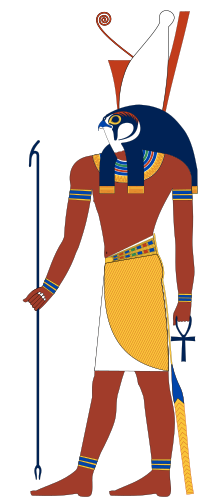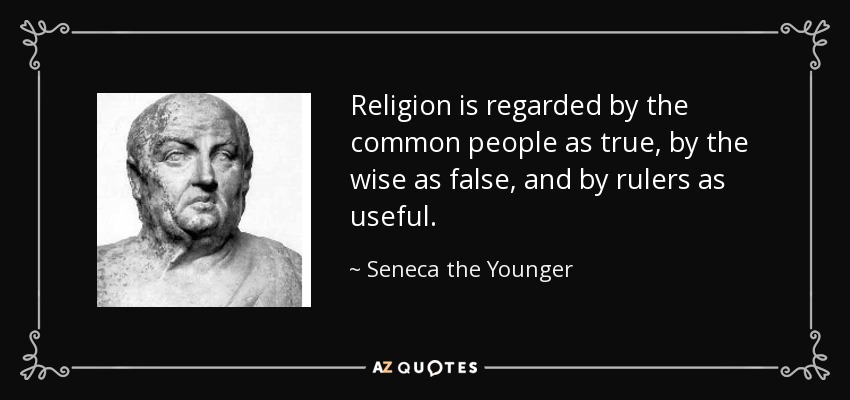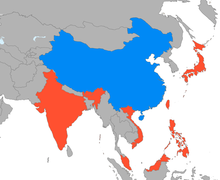Definition. In the 11th and 12th centuries, the Crusades were military expeditions sponsored by the papacy, charged with recovering Christian holy places in the Middle East from the Muslim Arabs and Seljuk Turks (See 1079–95). In the 13th century, crusading impulses were often directed against groups within Europe perceived as being social or political enemies, such as the Albigensian heretics (See 1208–13). By the 15th and 16th centuries, crusading had become an old European tradition. Thus explorers and adventurers, such as Christopher Columbus and Hernán Cortés (See 1451, between Aug. 26 and Oct. 31) (See 1518–19), in South and North America, Africa, and Asia, explained their goals in religious and crusading terms—they were for the conversion of the Muslims, Indians, or Asian and African peoples.
The Crusades were military expeditions from Europe to Palestine, which is also known as the Holy Land. Jerusalem is located in Palestine. This area was sacred to Christians, Muslims, and Jews alike. The Crusades had a lasting impact on European politics and society.Causes of the Crusades
European Christians began the Crusades for several reasons. The Seljuk Turks took control of Palestine in 1071. Unlike Jerusalem’s previous rulers, the Seljuks made Christian pilgrimages to the Holy Land nearly impossible. Also, European princes and merchants each saw benefits to these wars. The princes used success in warfare as a way to gain power. Merchants were willing to finance the Crusades because they might gain access to rich trade routes that connected with Asia to the east. Finally, Seljuk forces attacked the Byzantine Empire, causing the Byzantine emperor to ask the pope for help. By 1095, Pope Urban II responded, and by 1096, the First Crusade began.
やっぱ子供向けのほうがわかりやすい。
聖書では、
“Put your sword back in its place,” Jesus said to him, “for all who draw the sword will die by the sword.
52 そこで、イエスは彼かれに言いわれた、「あなたの剣けんをもとの所ところにおさめなさい。剣けんをとる者ものはみな、剣けんで滅ほろびる
と言われているにもかかわらず、
16:24
それからイエスは弟子たちに言われた、「だれでもわたしについてきたいと思うなら、自分を捨て、自分の十字架を負うて、わたしに従ってきなさい。
16:25
自分の命を救おうと思う者はそれを失い、わたしのために自分の命を失う者は、それを見いだすであろう。
6:11悪魔の策略に対抗して立ちうるために、神の武具で身を固めなさい。 6:12わたしたちの戦いは、血肉に対するものではなく、もろもろの支配と、権威と、やみの世の主権者、また天上にいる悪の霊に対する戦いである。 6:13それだから、悪しき日にあたって、よく抵抗し、完全に勝ち抜いて、堅く立ちうるために、神の武具を身につけなさい。 6:14すなわち、立って真理の帯を腰にしめ、正義の胸当を胸につけ、 6:15平和の福音の備えを足にはき、 6:16その上に、信仰のたてを手に取りなさい。それをもって、悪しき者の放つ火の矢を消すことができるであろう。 6:17また、救のかぶとをかぶり、御霊の剣、すなわち、神の言を取りなさい。
3 主はいくさびと、その名は主。
The Lord is a man of war: the Lord is his name.
26 モーセは宿営の門に立って言った、「すべて主につく者はわたしのもとにきなさい」。レビの子たちはみな彼のもとに集まった。
27 そこでモーセは彼らに言った、「イスラエルの神、主はこう言われる、『あなたがたは、おのおの腰につるぎを帯び、宿営の中を門から門へ行き巡って、おのおのその兄弟、その友、その隣人を殺せ』」。
28 レビの子たちはモーセの言葉どおりにしたので、その日、民のうち、おおよそ三千人が倒れた。
3 今、行ってアマレクを撃ち、そのすべての持ち物を滅ぼしつくせ。彼らをゆるすな。男も女も、幼な子も乳飲み子も、牛も羊も、らくだも、ろばも皆、殺せ』」。
1 神よ、もろもろの異邦人はあなたの嗣業の地を侵し、あなたの聖なる宮をけがし、エルサレムを荒塚としました。
新旧聖書を引用して、聖戦として戦争を正当化したわけだね。(The Crusades: A Very Short Introduction)
それで、
The Effects of the Crusades
For Muslims, the intolerance and prejudice displayed by Christians in the Holy Land left behind a legacy of bitterness and hatred. This legacy continues to the present. For Christians and Jews who remained in the Muslim controlled region after the fall of the Crusader states, relations with the Muslim leadership worsened.
For Jews in Europe, the Crusades were a time of increased persecution. (World History: Patterns of Interaction p385)
イスラム教過激派はいまでも、
World Islamic Front For Holy War Against Jews And Crusaders
十字軍を恨んでいるわけだね。
List of apologies made by Pope John Paul II
From Wikipedia, the free encyclopedia
Pope John Paul II made many apologies. During his long reign as Pope, he apologized to Jews, women, people convicted by the Inquisition, Muslims killed by the Crusaders and almost everyone who had suffered at the hands of the Catholic Church over the years.[1
カソリックの司教も謝罪したっていうんだけど、どういう言葉で謝罪したかはわからない。
日本の謝罪
List of war apology statements issued by Japan
に比べるとずいぶんあっさりしているようにも思うが・・・










